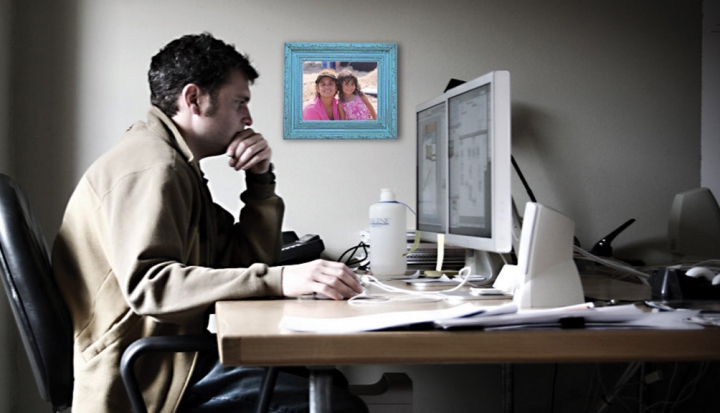Pope Francis recently said that he wants bishops who are pastoral, not ideological—in tune with their people, “shepherds living with the smell of the sheep.” These remarks closely followed a recent interview with the pope in which Francis said he did not want the church to appear obsessive on abortion, same-sex marriage, and other issues on which its teachings are already clear.
Many were wondering if a “Francis effect” on episcopal deportment might begin to show at the general assembly of the U.S. Catholic bishops in November. Based on some of the commentary and priorities that emerged from the meeting, however, it appears that it is going to take a while for directives from the front office to trickle down to the branch management.
During the assembly some bishops noted that the legal defense of marriage had hit a “critical point,” citing recent court decisions on same-sex marriage and Senate approval of legislation that would prohibit job discrimination based on sexual orientation or gender identity. The bishops also voted to begin a pastoral statement examining the threat pornography poses to marriage and family life.
I’m pretty clear on what the bishops think about same-sex marriage. It’s also clear that a lot of lay Catholics do not see same-sex marriage as a threat to their own marriages or their family life. I also have a pretty good idea of what the bishops are going to say about pornography.
If they were to ask me, a married layperson with four children, about a threat that feels much more real to marriage and a functioning, contemporary family life—you know, one that actually succeeds in nurturing kids and preserving parental/spousal sanity—I would point them to a different suspect altogether. If they want to help shore up family life, they need to look at the issues that are really tearing it down. Most of them are economic or related to deeply misguided federal public investment and social spending priorities and tax structures.
I would ask the bishops to focus on the impact of late capitalism and the economic disparities it promotes. I would ask them to ponder the cultural rat race a lot of us in households with two working spouses feel we are running and losing.
I would suggest that instead of a pornography pastoral, the bishops consider a letter critically assessing the many economic and social challenges faced by families. They can start with the simple fact that just to stay above water, both spouses have to be way-more-than-gainfully employed, and then they can move on to the lack of decent and affordable child care and the compounding worries over public schools, saving for health crises, the hyper-escalating cost of college, and so on.
In two-parent households with children in the United States, both parents hold down full-time jobs 70 percent of the time, the highest rate in the industrialized world. Public expenditures geared to support families, including child care and early childhood education, fall at the bottom of comparative spending among other advanced states, and in the United States most of that support takes the form of tax breaks, not “hard” support like government-sponsored child care.
Is it a coincidence that the United States also maintains the highest divorce rate among advanced economies? Frankly, my fellow Americans, we married-with-childrens could use some help. We could use your help. And the bishops’ help too.
So by all means, write a letter on pornography if you must, guys. I am doing my best to keep my kids away from the Internet, where it is indeed too easy for them to find porn (or for it to find them), but what I would really like to do is spend more than 45 minutes a day with them. So would my wife. We would like to live in a society which makes that a possibility rather than one which constantly throws up obstacles to it. Maybe the bishops would like to share some thoughts on that?
This article appeared in the January 2014 issue of U.S. Catholic (Vol. 79, No. 1, page 39).
Image: Flickr photo cc by tofslie















Add comment